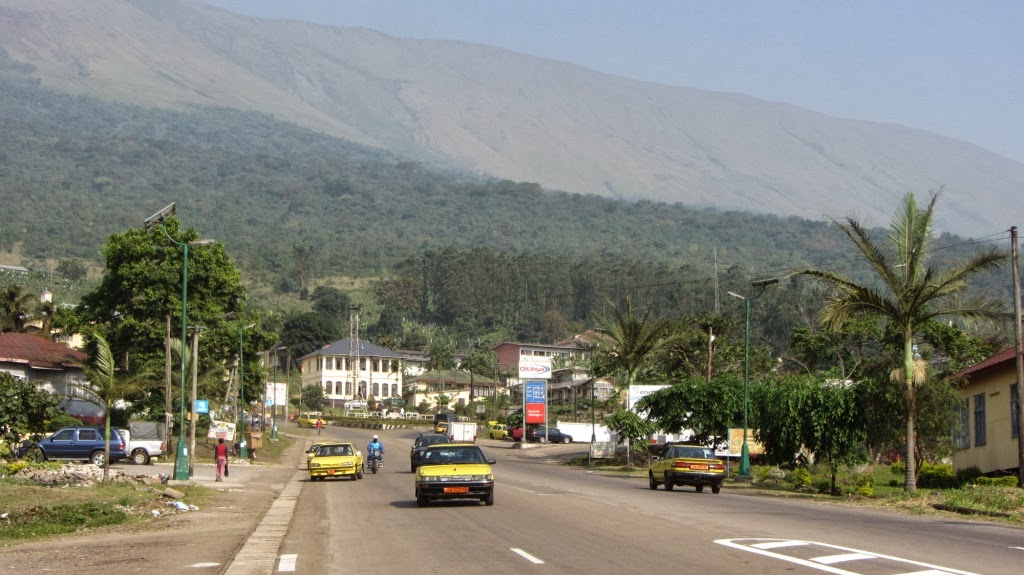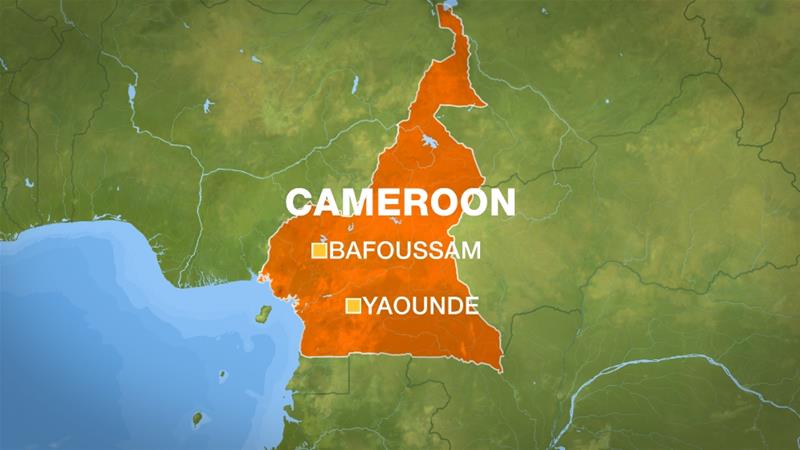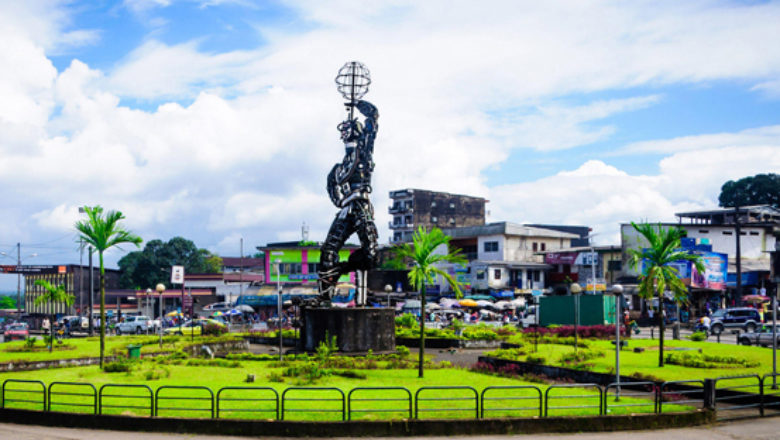15, July 2018
French Cameroun attacks continue on Southern Cameroons despite announcement of Biya’s humanitarian plan 0
Cameroon government forces have continued to attack Southern Cameroons towns and villages even with the announcement of President Biya so-called humanitarian plan for victims of the war. On Saturday, the Francophone dominated military announced that its operations in the city of Kumba in the Meme County were in response to gun fire from Ambazonian militants.
Earlier on Saturday, a Southern Cameroons resistance movement spokesman said that the group had carried out an attack on Defense Minister Beti Assomo’s convoy. Separately a spokesman for the Ambazonia Restoration Forces said that his group is moving from Ndian into Meme. He noted that despite the superiority of French Cameroun military weapons Ambazonians will clear the Meme County in the coming days.
The Ambazonian Interim Government (IG) noted recently that Buea will fall to restoration forces earlier than expected. Communication Secretary, Hon. Chris Anu observed that the protection and the defense of Southern Cameroons is a national duty and a strategic choice. The IG says the attack on Minister Beti Assomo’s entourage seeks to stop the occupying regime from killing innocent Southern Cameroonians.
Additionally, troops loyal to the regime in Yaoundé have targeted restoration forces station in Muea, Bomaka and Mile 17 in the Fako County. According to Cameroon Intelligence Report sources, at least 30 Southern Cameroons teens lost their lives in the attacks on Kumba, Muyuka and Muea and 22 elderly people sustained injuries.
By Sama Ernest in Buea


























19, July 2018
Southern Cameroons Crisis: Police officer decapitated in Menchum County 0
A Cameroonian police officer was decapitated on Wednesday in the country’s restive anglophone region, sources said.
The officer who was killed was stationed at the town of Wum in the northeast of the country, a security source told AFP, confirming information from one of the victim’s relatives.
He had been at a roadblock with a colleague when men suspected of being secessionists attacked him, the security source said.
“They cut off his head and took it away,” the source added.
The ambush occurred amid an armed campaign to gain independence for the Northwest and Southwest Regions, a predominantly English-speaking part of the French-speaking West African state.
Years of resentment at perceived discrimination at the hands of the francophone majority have led to almost daily acts of violence and retribution that have claimed scores of lives and forced tens of thousands from their homes.
Source: AFP